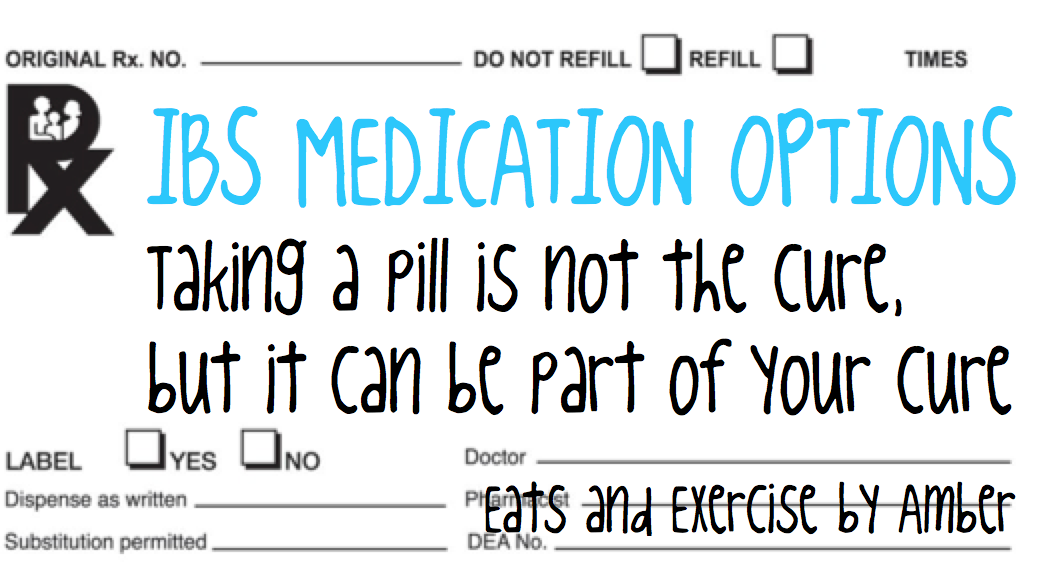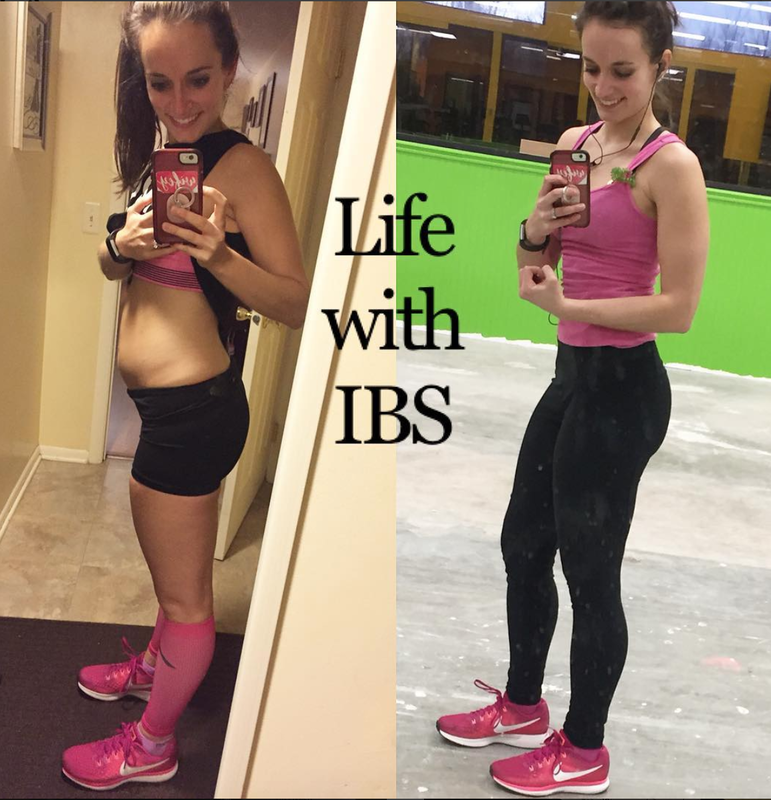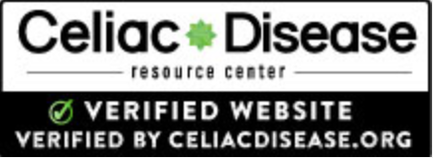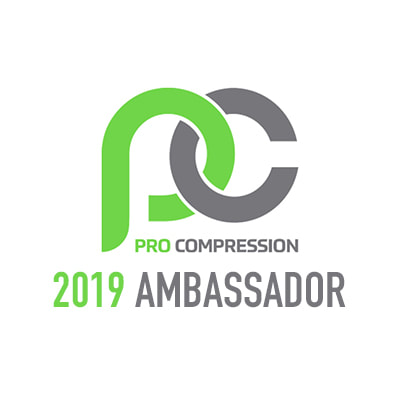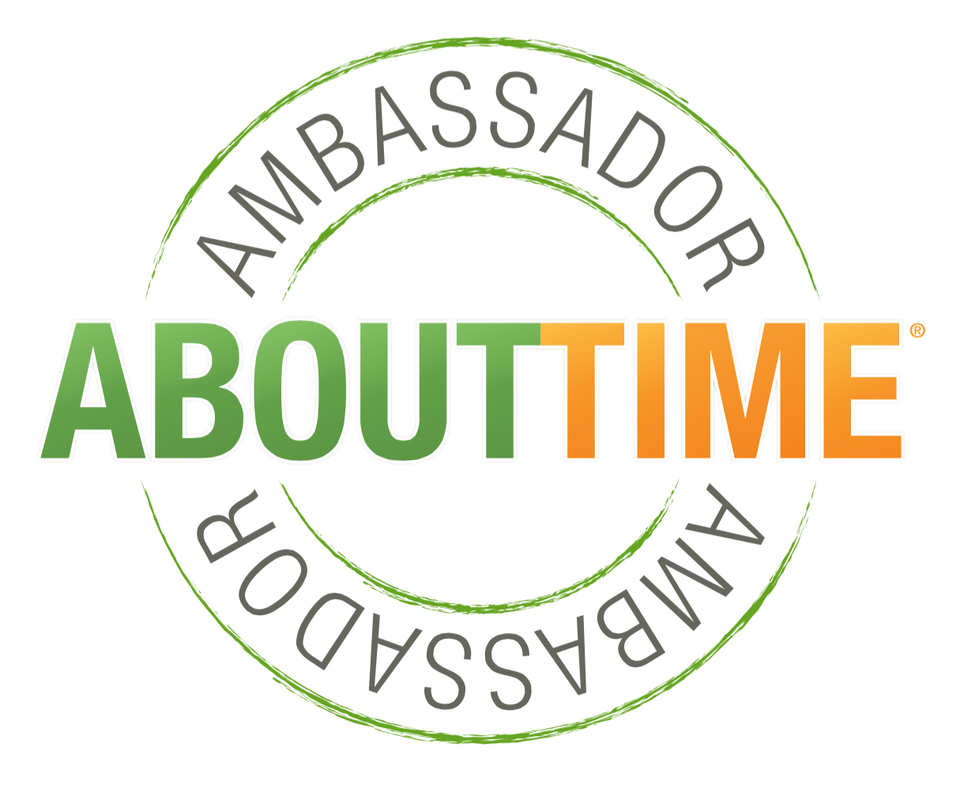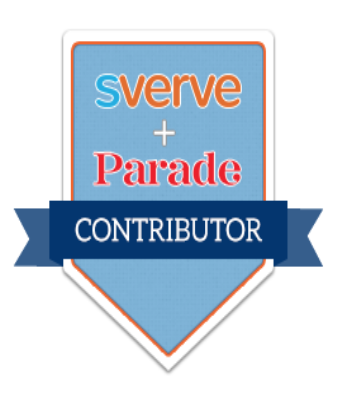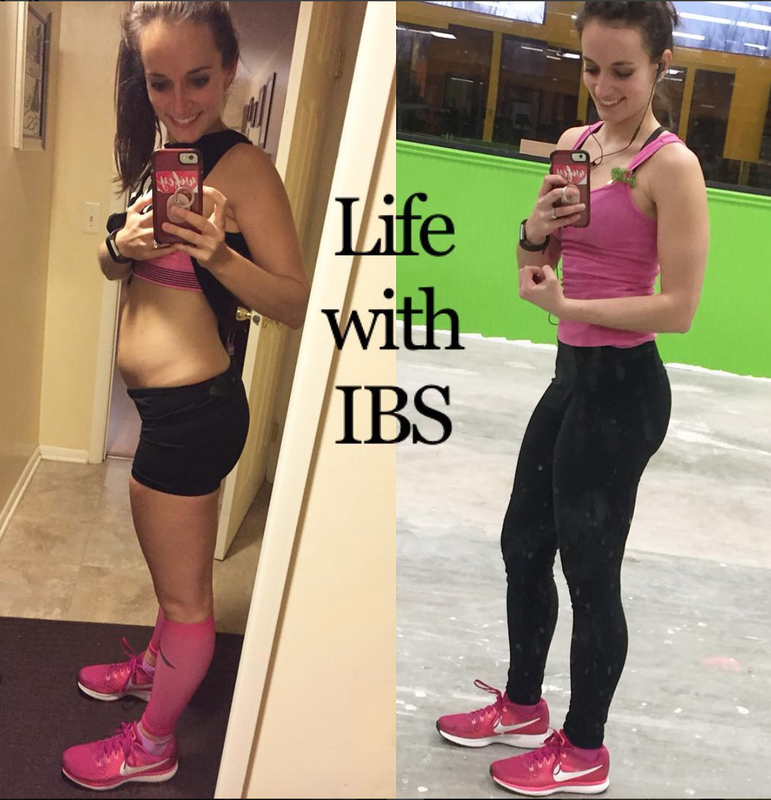Once you do find the right medley of medicine, you have to be weary of side effects and the potential risk of mixing medicines. Pretty much, finding what works is often a wait and see game with IBS, and what works for a period of time, may not after a while, and even IF the medication works, other factors can effect your IBS and can STILL cause symptoms.
Through out my years since diagnosis, I have been on multiple medications: prescription and over the counter, and had my fair share of successes, side-effects and complete wastes of a co-payment.
In order to shed some light and awareness on Prescription Treatment Options, I am ONLY detailing on what I have had personal experiences with. Therefore, all medication options may not be listed.
I have IBS-Mixed, so if you have IBS-D, I am not as familiar with treatment options for you.
DISCLAIMER: In addition to prescription medication, I have also completed a Clinical Trial for my IBS, follow a gluten free, lactose free, low-fodmap diet, avoid any IBS irritants and have made lifestyle changes in order to treat my condition.Taking a pill is not the cure, but it can be part of your cure.
Medication Options for IBS
Prescription Pills for IBS-C - can be taken daily, long term, as long as your doctor prescribes it
- Linzess - this is what I currently take and am VERY happy with
Two dosage options available.
Linzess is by far the BEST medication I have taken, with minimal side effects, but it took a while
for my system to find the correct dosage and for it to actually start working and even on the
medication, I still have to supplement it with other treatment options at times
- Amitiza - I used to take this before Linzess came on the market
Multiple dosage options and amounts
The medicine "worked", but the side effects of nausea were awful, as well as the brain fog and
fatigue that would sometimes occur, in addition to stomach cramps and pain.
Over the Counter Options for short term IBS-C relief - These are not intended to be taken daily
- Miralax - your best bet for a laxative with the least amount of side effects and discomfort BUT may not work for everyone (This does nothing for me)
- Ducolax - offers a variety of products: pills, softeners and suppositories
I personally cannot use either, only the suppositories, which are hell, simply put.
- Magnesium Citrate - this is an extreme option and should only be taken under a doctor's orders since it is very harsh on your intestines and essentially "flushes out" your system, which can lead to dehydration as well.
- Suppositories - these are not for the faint of heart, very uncomfortable, and do not work unless you can retain the medication long enough. If you have no idea what I am talking about, save yourself the pleasure of knowing and take my word for it :)
Other Prescription Medications for IBS Symptom Relief
- Xifaxan - an antibiotic that treats overgrowth of bacteria in the intestines (for IBS-Mixed/IBS-D)
- Nexium - used for heartburn, acid reflux, increased acid production
Don't be afraid to speak to your doctor about a medication you have not tried yet, and you feel may benefit your treatment plan for IBS. I am fortunate enough that my gastroenterologist is a pioneer in his field and was willing to try multiple medications, combinations, and natural therapies to help formulate my treatment plan. If your doctor is not on board with new ideas, then I suggest advocating for yourself and finding a new doctor who will!
- Prescription pills - do you take any for a condition/disease/disorder?
- Would you be interested in a natural remedy for IBS post?
- Prescription pills - the cure or only part of the cure?
- Any other feedback on this post would be appreciated!

